Wills
Wills
Last will and testament, more commonly referred to as “will” is a legal document that specifies your wishes regarding the distribution of your property and assets and the care of any dependents after your death. If you pass without a will, your heirs could be faced with many problems moving forward to legally distribute your assets. This burden is compounded by legal fees, time and disputes among heirs. It should be noted that no document can address each potential problem or issue; however, a will assists in curing many problems before they are realized.
A will addresses the decedent’s wishes for distribution of assets and care of dependents following death of the testator. If an individual has assets and he or she passes away without a will, then the default rules of that particular state are triggered. And, because the state rules apply, the courts will make the decisions regarding property distribution. There are circumstances where one can write his or her own will. However, it is best to consult with an estate planning attorney.
There exists this false belief that only the wealthy need a will. However, this is untrue. The following are a list of reasons why you need a will. Your assets will be distributed according to your wishes including at what amount and when the property passes. Additionally, a will protects your assets from going to unintended relatives. Within a will, you can appoint guardians for children which would otherwise be decided by the courts. Moreover, a will expedites the process for your heirs to receive the property. Tax liability of the estate can be minimized or reduced through the use of a will.
If you die intestate, which means passing on without a will, the state will distribute your assets according to the laws of that particular state. This situation can have negative implications for all members of a blended family with children of the decedent from a prior marriage. For instance, the sale of a family home may be required as well as other assets. In some situations, the surviving spouse may not be able to maintain the standard of living he or she was accustomed to because there was no will or other form of estate planning to ensure this situation was avoided.
Additionally, an individual passing on without a will, or intestate, can have negative tax consequences. Since there is an absence of a will, there is an absence of tax planning to reduce the estate tax. The worst-case scenarios are estates which are valued above the applicable federal threshold.
Contact Us Today To Discuss Your Plan
"*" indicates required fields

Lone Star Wills & Trusts, PLLC provides estate planning legal services across Texas.
There is no client that is too small or too big. Our firm is committed to adding value to the lives of our clients and communities which is carried out by getting to know our clients on a personal level. We understand that Texans are hardworking people. Our goal is to assist every Texan achieve a sense of security through asset protection planning and estate planning, knowing that there is plan in place for his or her family should the unexpected occur. Call our office to set up your asset protection and estate plan design meeting today.

